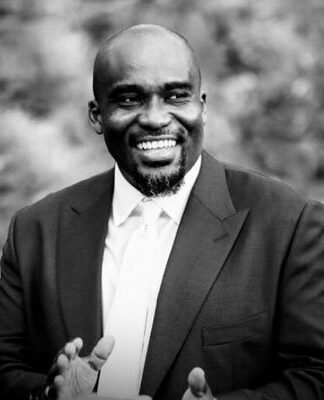There is an organized move by some African presidents to undermine the independence of the ICC in evaluating the merits of the appeal in Prosecutor vs William Ruto criminal case. Unfortunately, the same leaders accuse the ICC of lack of independence.
In July, the ICC ruled that Deputy President William Ruto did not have to attend all sessions of his trial in The Hague because of his state responsibilities. The Prosecutor immediately appealed the ruling saying that justice for the victims required the accused to be in court throughout the trial. In issue is whether or not Mr. William Ruto should attend all the court proceeding.
In my considered view, the African leaders who have petitioned for leave of court to file “amicus curiae” are probably confusing amicus curiae with intervener application. The basic and indisputable principle is that amicus curiae must cover relevant matter not dealt with by the parties to the case which may be of help to the court in deciding on the merit of the case. It cannot be amicus curiae where the party seeks to assert the merit of the ultimate issue before the court. The trial court decided in favor of Ruto. The prosecutor appealed. Why don’t the honorable leaders of Africa, if they are, wait for the outcome of the appeal? These African countries want to “ help the ICC adopt a broad and flexible interpretation of the Article 63 of the Rome Statutes; they want an interpretation which encourages state cooperation in the widest possible set of circumstances and without jeopardizing the constitutional responsibilities of leaders”.
It is my submission that what these African leaders are talking about is “intervener” as opposed to amicus curiae, i.e. they want to be party to the case by joining Ruto to resist the prosecutor’s appeal.
I personally have issues with the trial court’s decision to allow Kenya’s vice-president not to attend all the sessions because of “his state responsibilities”. In other words, the ICC trial court concurs with the view that the law should treat persons differently because of their offices. This is inconsistent with stated international law principle that all persons are equal before the law.
Charles Kambanda





























































